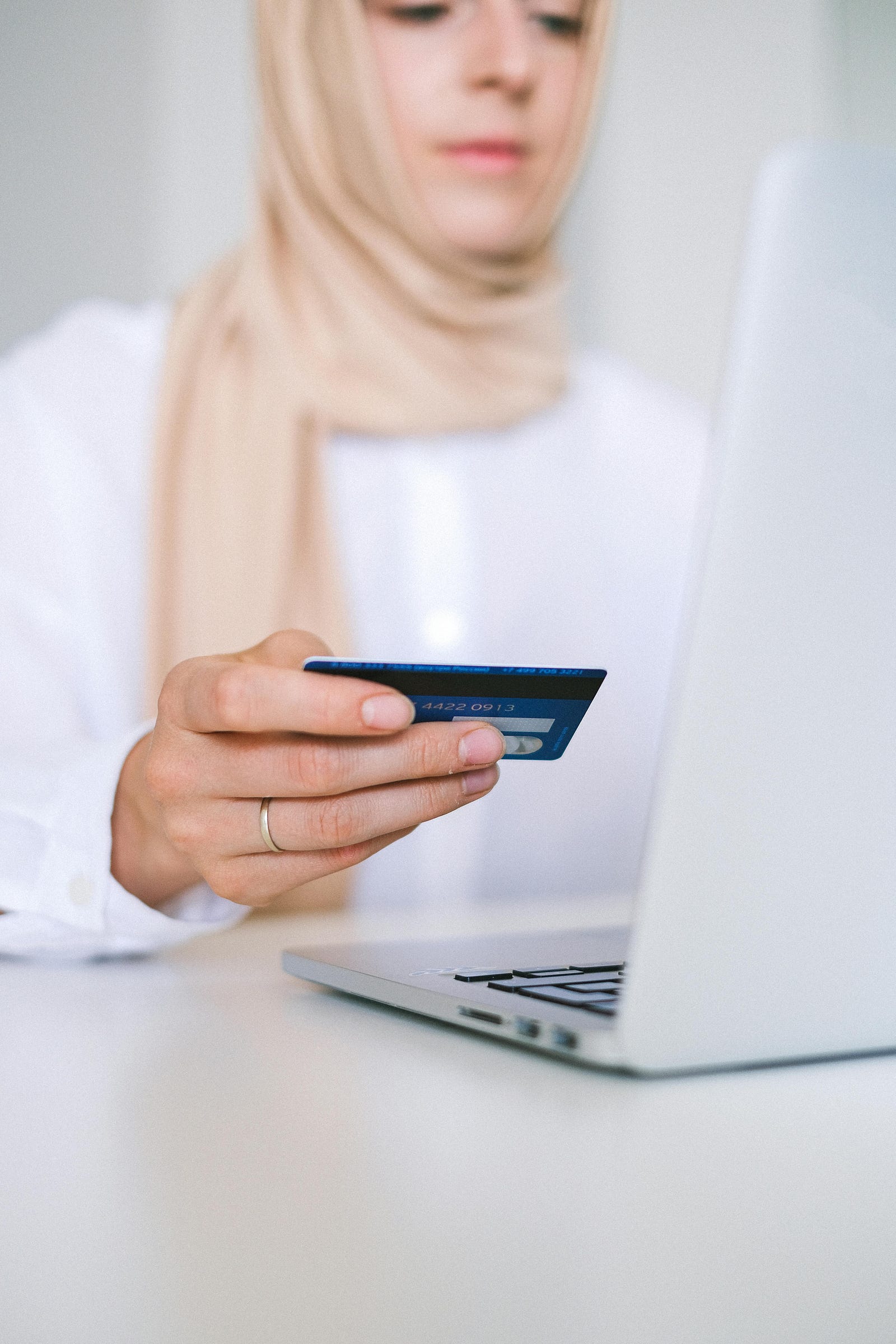
The world of finance is changing all the time, especially when there's new advancements constantly being introduced that make the consumers life a lot easier. With these advancements more and more online platforms and shops are starting to accept these payment methods, which has meant there has been a decline in the amount of individuals using debit and credit cards. This article is going to take a look at the current situation of debit and credit cards and how the rise of electronic wallets has affected it.
What are Electronic Wallets?
Electronic wallets (which are sometimes referred to as digital wallets) are financial applications that stores your payment information. The information is usually stored in the cloud, therefore can be accessed on any device that's connected to it, meaning in theory you can access you electronic wallet from your smartphone, computer and even your smart watch. The most common electronic wallets that you've probably heard of are Apple Pay and Android Pay. With an electronic wallet you can upload your credit or debit card details and use your phone as a contactless payment method.
This is a payment method that is accepted in most places, from grocery stores to restaurants. You can also use an electronic wallet to make payments online too. What's great is you can use an electronic wallet for any type of card. This includes prepaid cards, which many individuals prefer to use when it comes to playing in an online casino. Take a look at Onlinecasino.ca to find the best online casinos for prepaid cards. You can use an electronic wallet to make payments when online shopping, make deposits in online casinos and even to donate money to charity. Technically you're still using the same debit/credit card, but through your phone instead of the physical card.
Why Individuals are Switching to Electronic Wallets
One of the main reasons individuals are choosing to use an electronic wallet over physical cards is convenience. There's no need to carry around a physical card when out and about. All you need to carry is your phone and you're able to make quick payments by just tapping on the card machine. It's also extremely convenient when it comes to making online payments too. Electronic wallets eliminates the need to input your details onto payment pages, like your long card number which can end up being very time consuming. Especially if you type it in wrong and have to do it again. With an electronic wallet, all you have to do is select it as a payment method and it's as simple as completing facial ID or scanning your fingerprint. Your electronic wallet can hold multiple cards, even loyalty and gift cards. Some electronic wallets can now even store cryptocurrency. This means everything is in one place, plus you don't have to carry around several physical cards around with you.
Additionally electronic wallets are considered as a more secure payment method than physical cards. You can't lose an electronic wallet, even if you lose the device that's storing it. If someone gains access to your device, you electronic wallet is locked away safely online and unable to access. It's also a lot safer when making online payments as again there's no need to fill in your personal information, billing address or card details, which makes you and your personal data less vulnerable online.
What This Means for Credit and Debit Cards
As more and more individuals discover the convenience and ease of having an electronic wallet, the amount of individuals using physical cards is going down. In fact, a study by Forbes found out that over half (53%) of consumers use digital wallets more often than traditional payment methods, with nearly 77% having more than one payment card attached to their electronic wallet. This shows just how many people are switching and adapting to electronic wallets.
However, this doesn't mean it's the end for physical cards. At least not for now. 53% is a huge figure, but that still leaves just under half that are still using physical cards. While electronic wallets are extremely convenient, they're not 100% reliable. The majority of individuals will still carry at least one physical card with them, in case their device runs out of battery or they run into technical issues. For example, not all establishments accept contactless payments and there are times your bank requires you to input your pin, especially with new cards. A physical card is also essential if you're looking to withdraw cash from a machine. Additionally, for bigger purchases, some individuals prefer to input their details to have more or a trail when it comes tracking payments and orders. Even if providing details makes you more vulnerable, there are many precautions you can take to protect your information online. Therefore, it's not fully over for physical cards, there is still a place for them in the financial world, especially as they are more reliable and don't require a battery life.
In summary, it's clear that electronic wallets have taken the world by storm and changed the way many individuals make payments. However, while it's a method that comes with many benefits and a huge amount of convenience, they can't fully be relied on. This is why there's still a place for physical cards in the world. However, who is to say that there will be another breakthrough that can make electronic wallets more reliable. Only time will tell.
Comments
Loading comments…